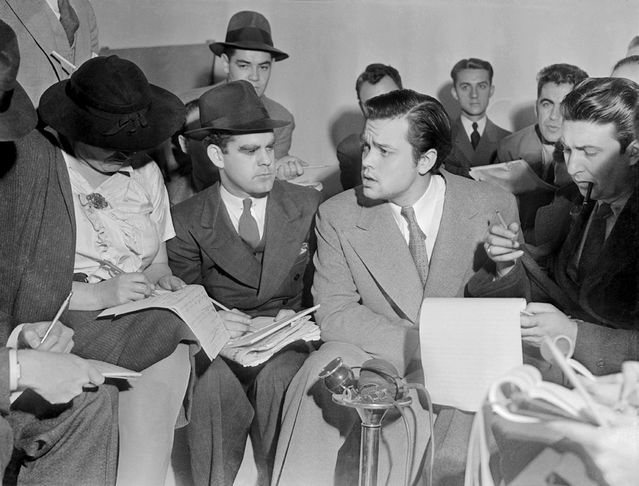Anxiety
Mass Hysteria in America
Mass hysteria provides an alarming insight into the human mind.
Posted May 28, 2012
[Article updated on 17 September 2017]
On October 30, 1938 Orson Welles (1915–1985) broadcast an episode of the American radio drama Mercury Theatre on the Air. This episode, entitled ‘The War of the Worlds’, was based on a novel by HG Wells (1866–1946) and suggested to listeners that a Martian invasion was taking place. In the tense atmosphere of the days leading up to the Second World War, many people missed or ignored the opening credits and took the radio drama to be a genuine news broadcast. Panic ensued as they began to flee, with some even reporting that they could see flashes of light in the distance and smell poison gas. The case of the Orson Welles broadcast of a Martian invasion is proof enough that mass hysteria can befall us at any time. But there are other cases too.

In 1989, 150 children were attending a summer programme at a youth centre in Florida. Each day at noon, the children gathered in the dining hall to be served pre-packaged lunches. One day, a girl complained that her sandwich did not taste right. She felt nauseated, went to the toilet, and came back reporting that she had vomited. Almost immediately, other children began complaining of symptoms such as nausea, abdominal cramps, headaches, and tingling in the hands and feet. The supervisor announced that the food may be poisoned and that the children should stop eating. Within 40 minutes, 63 children were sick and more than 25 had vomited.
The children were promptly sent to one of three hospitals, but every test performed on them was negative. Meal samples were analyzed but no bacteria or poisons could be found. Food processing and storing standards had been scrupulously maintained and no illness had been reported from any of the other 68 sites at which the pre-packaged lunches had been served.
As in the case of the Orson Welles broadcast an atmosphere of tension and anxiety had been created, in this case, by the release two days earlier of a newspaper article reporting on management and financial problems at the youth centre. The children had no doubt picked up on the staff’s anxiety, and this had made them particularly suggestible to the first girl’s complaints. Once the figure of authority had announced that the food may be poisoned, the situation simply spiraled out of control.
Mass hysteria is, thankfully, relatively uncommon, but it does give us an alarming insight into the human mind, and the ease with which it might be influenced and even manipulated by others.
Neel Burton is author of The Meaning of Madness, Hide and Seek: The Psychology of Self-Deception, and other books.



